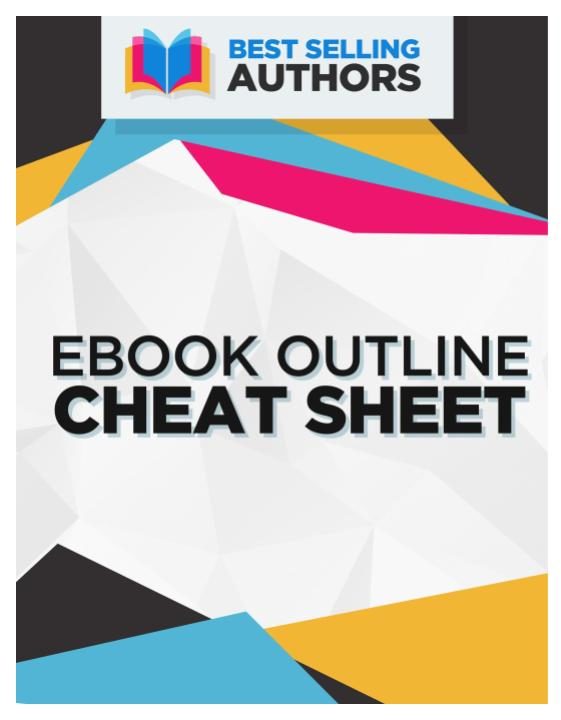If you do not care how people react when they read something you wrote… why write at all?
You could have done a million other things other than spend your time wrestling your thoughts onto the page through your keyboard or pen. But you didn’t.
So unless you wrote it down in a journal for your eyes only…
You wrote it down because you wanted people to react.
- Maybe you wanted them to care about what you care about.
- Maybe you wanted people to laugh or cry.
- Maybe you just wanted people to be able to live their dream of writing professionally.
Whatever the reason you began writing, you wanted something to happen from your writing. Because you care what others think.
There’s nothing wrong with that. That’s critical for any writer to be a good writer.
People that say they don’t care what other people think about their writing either don’t like the way that they write, or they are scared you are going to criticize their work. That’s the truth, the whole truth, and nothing but the truth.
In fact, that’s the whole reason that “writer’s block” exists – because you CARE what people think when they read what you have written. Which is why putting something down on paper can be so incredibly difficult.
You don’t want to see your mistakes or poor writing staring back at you.
One of the most common ways this shows up is when writers nit-pick their word choice.
“Should I say that the mountain is huge, or is it gargantuan? Mountainous is a little on the nose, isn’t it?”
This is incredibly normal, at least as far as the many ways that people will lose themselves by running in circles can be considered “normal”. By focusing on the word, writers will be paying attention to how their writing makes them feel.
But there is an easier way to think about your words that will help you cut through the fog of writer’s block more effectively.
Words Are Weapons
Language is as much a tool for writers as a saw is a tool for a carpenter, or a sword is a tool for a warrior. These tools can be used by anyone, but it is the ARTIST that uses them to best effect.
The difference between a soldier and a sword master is the result, and how easily that result is achieved. When choosing your words, I prefer to use weapons as an analogy because the element of focus in writing is no different for warriors or writers.
If you are just learning how to write, you are learning about your weapons, and how to use them. But the goal is always the same.
You want people to care about what you have written.
If you want people to care about what you have written, the words or weapons you choose will make that goal easier or harder to accomplish, or else they will have little impact. When choosing your weapons or words, if you are an artist, you choose them based on your opponent.
If you are just learning to write, you should choose them based on your skill with them. Meaning, if you don’t know what the difference is between one word and another, you shouldn’t use it.
Period.
The biggest mistake that new writers make is that they choose words to impress. The best writers do not try to be impressive. They try to be clear and efficient in their writing.
This is no different from the new warrior in training, viewing a wall full of weapons to choose from. As a new warrior, they look for the “coolest” looking weapons. The most interesting ones. The ones they find… Curious… or Impressive.
But often the weapons that are the most curious or impressive are the ones the new warrior knows the least about. They might be too small, too big, too light to get through armor, or too heavy to hit a smaller, faster opponent.
And honestly, the simple fact that they are UNFAMILIAR makes them more interesting. We will talk in later articles about the way that the unfamiliar inspires curiosity and interest…
But for now what is most important to remember is that if you don’t fully understand the many, MANY ways a word can be used, you might be communicating something you never intended. This can make what you are TRYING to say harder to understand.
And if you care about what people think about your writing, which you should if you want to be a professional writer, then communicating something by ACCIDENT is a problem worth avoiding.
Instead, stick with the words you know. And if you really WANT to use a new word, spend some time learning about how it is used and what other people think it means. This will allow you to focus instead on the most important reason different words are powerful tools for skilled writers…
Good Writers Focus On Being Clear and Concise
This entire article could be summed up by the above subheading.
Everything else is window dressing. This is the entire idea you should remember.
Good writers focus on being clear and concise. They choose words they know will help them say something clearly, with as few words as possible. They keep their sentences focused on one idea at a time.
But I didn’t start there, because you likely have already heard this idea.
This article, and the words I chose to write it with, aren’t about HOW to choose your words. Not really.
This article is about WHY this rule matters and WHY many beginner writers tend to ignore it, in spite of this rule being one of the most important rules for any writer to follow.
But pay attention to how I explained this.
- I spoke to you, and your desire to be a professional writer.
- I pointed out that if you want to be a professional, you must care about what others think of your writing. If you didn’t agree, you didn’t get this far in the article. 😉
- Then I pointed out that if you care what others think about your writing, your word choice matters. And then I explained why. But I probably didn’t tell you anything you haven’t experienced for yourself, as you struggled over which words to choose. I simply pointed out that this is what happened. If you didn’t agree, you didn’t get this far in the article.
- Lastly, I pointed out that what matters most with the words you choose, is that you are aware of how other people use them, or at least you are confident in your understanding of them. I explained all the reasons why this makes sense to make the final point: Good writers focus on being clear and concise; the words you choose should help you write clearly and concisely.
Not including this paragraph, I spent 1100 words explaining 4 ideas that are connected together. There are many different words I used to describe these 4 ideas. Some of these words were more meaningful to you than others. And this will be true about different words for another reader.
The point is, that all of those words… are just to describe 4 ideas as concisely and effectively as possible. How clear this point is to you… that’s the benchmark I should use to determine my word choice.


